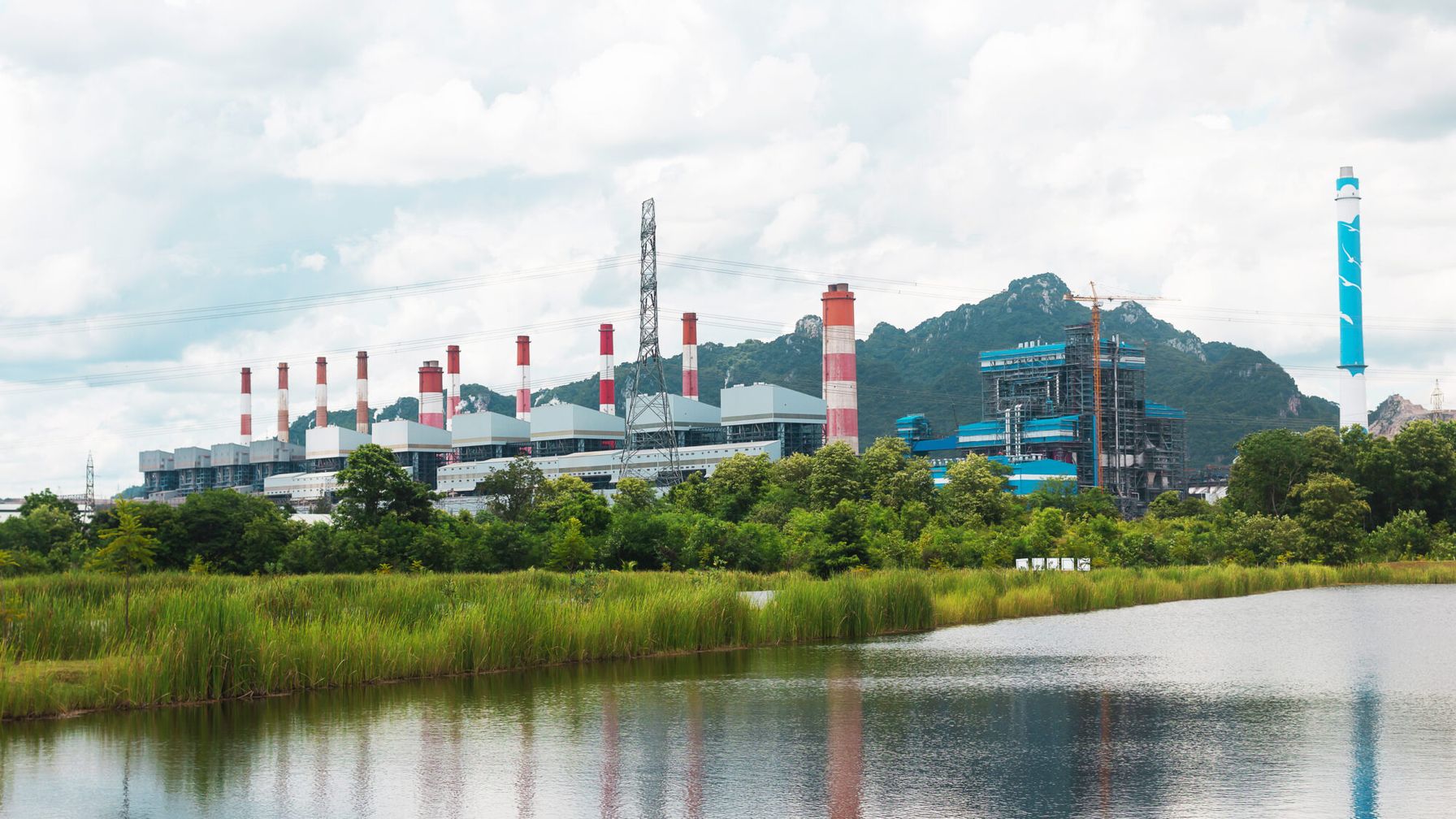
Preparing for New Compliance Obligations
On May 18, 2023, EPA published the proposed Hazardous and Solid Waste Management System: Disposal of Coal Combustion Residuals from Electric Utilities; Legacy CCR Surface Impoundments to amend subpart D of part 257 of Title 40 (Legacy CCR Surface Impoundments). The proposed rule would regulate Legacy CCR Surface Impoundments under the existing Subpart D of part 257 of Title 40, known as the CCR Rule, which became effective on October 19, 2015.
TRC’s white paper describes the key implications of the Proposed CCR Legacy Surface Impoundments Rule for regulated utilities.
